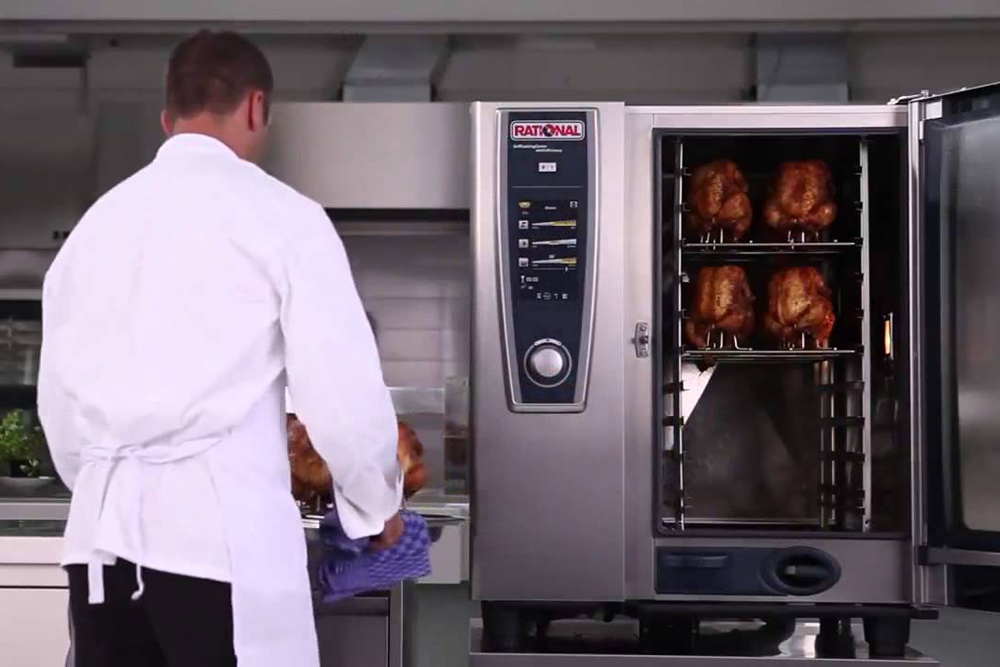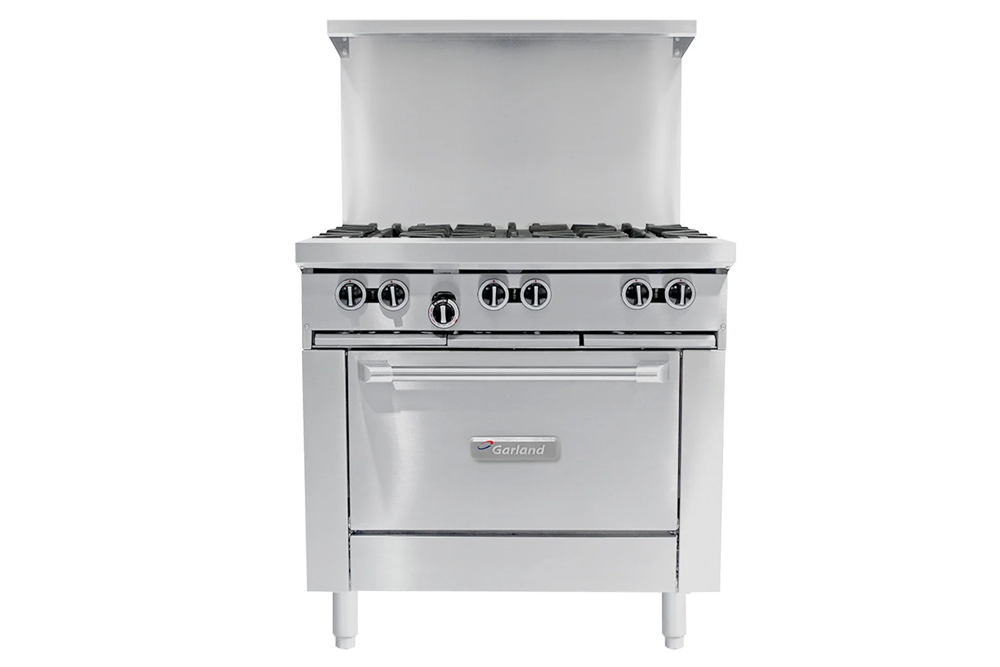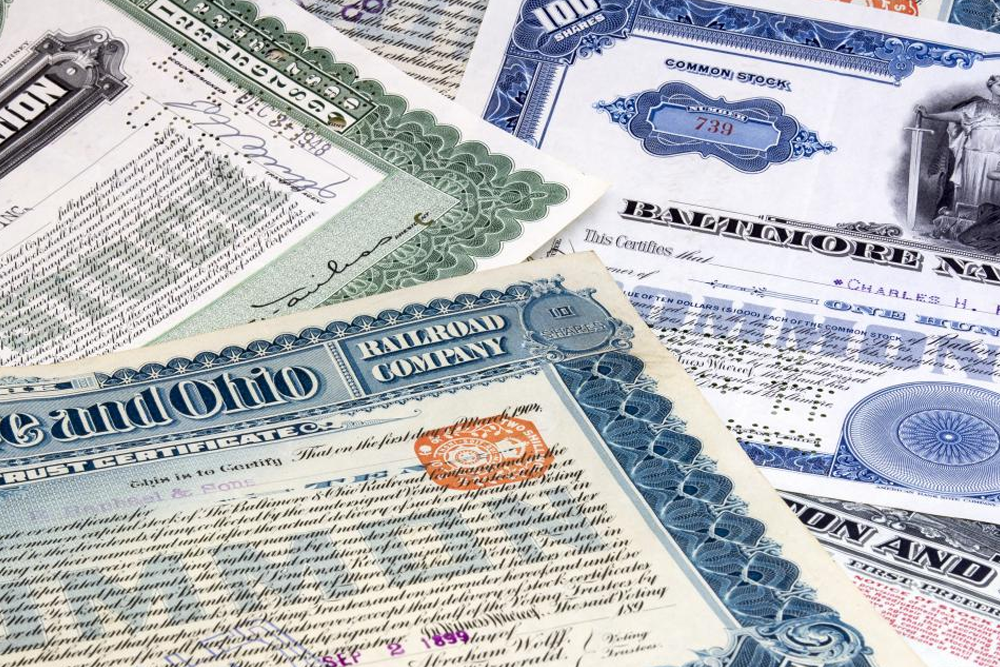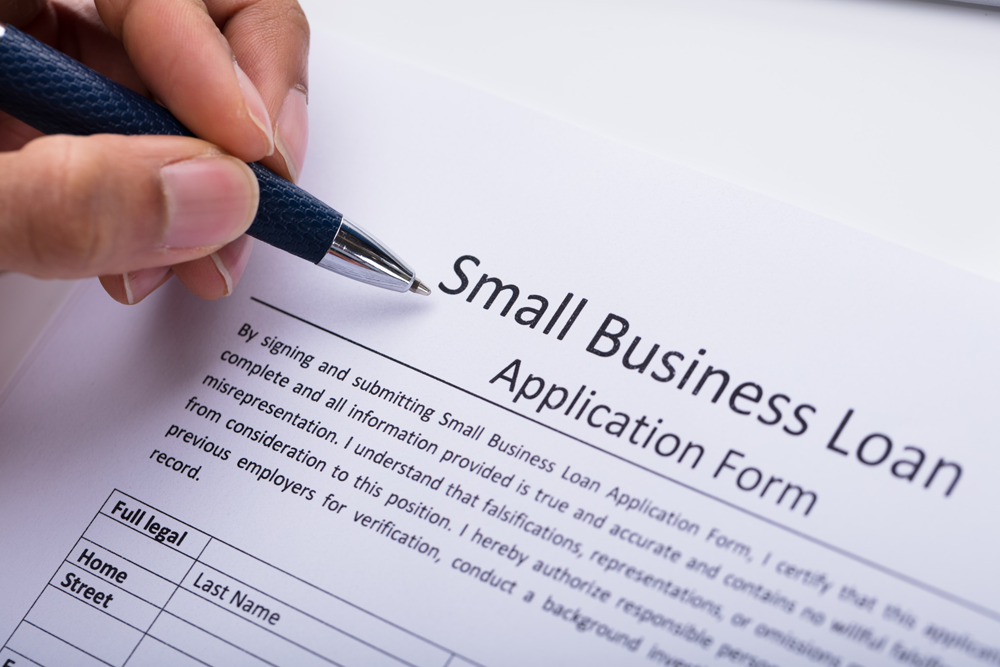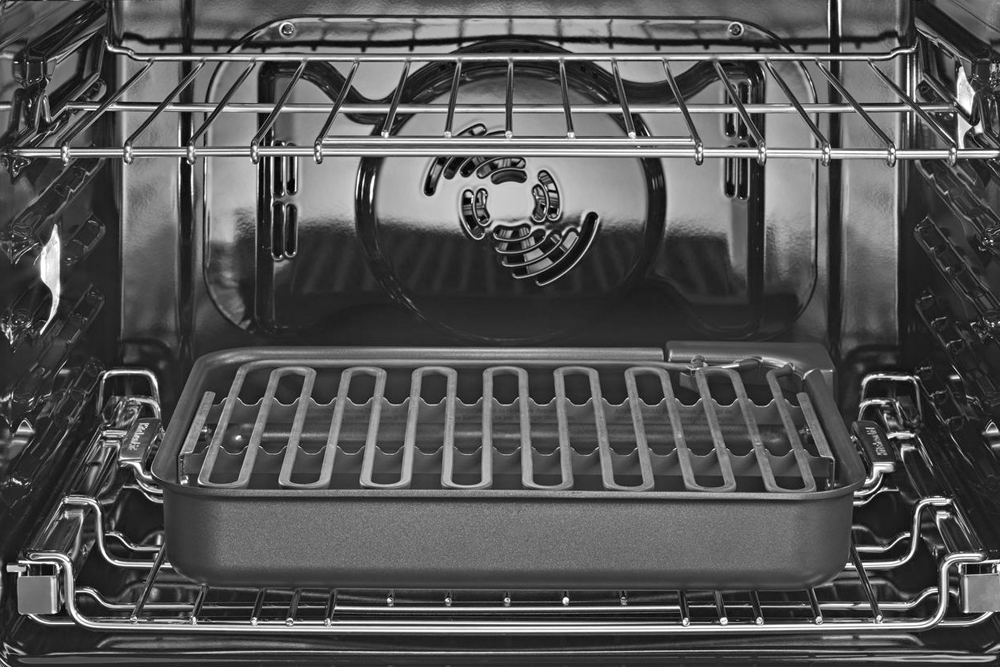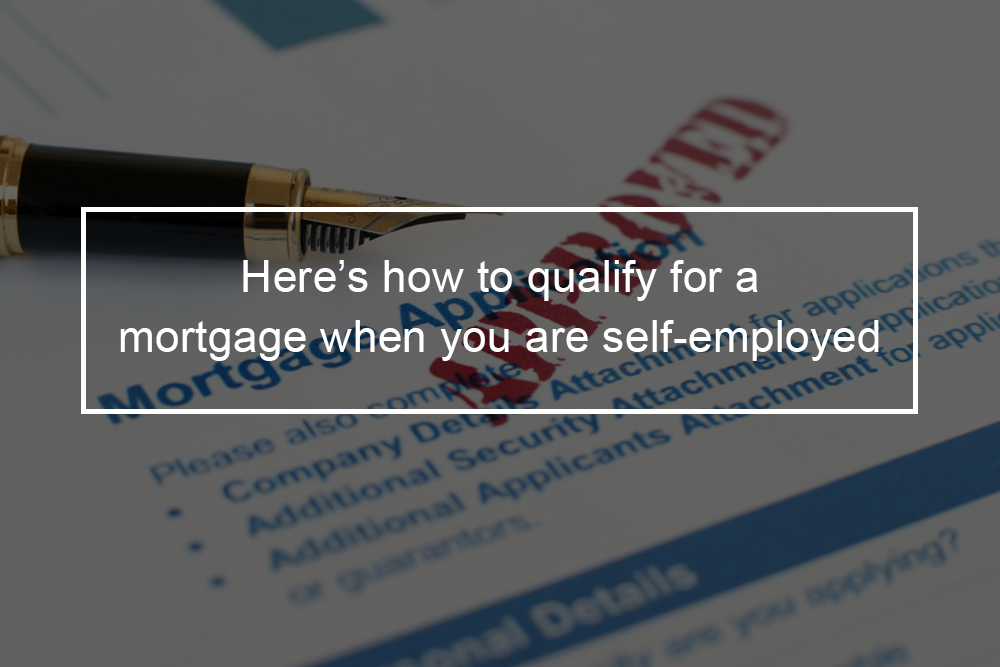
Steps you should take as a freelancer, small business owner, or contractor to increase your chances of having your mortgage application approved
Use a mortgage calculator
It is never a bad idea to get an estimation of how much you can afford before you begin to think of purchasing a home seriously. One way of doing that is by utilizing a mortgage payment calculator, such as the one from Fidelity Mortgage.
A mortgage payment calculator gives you an understanding of your monthly payments concerning the price of a particular house, the down payment, and interest rates. You will be able to see if you can really afford a mortgage, or if you need to hold off for a little longer.
Prove your work history
Work history is vital for anyone who is applying for a mortgage, particularly for someone self-employed. You have to prove to the bank or your lender that you have had consistent work for the last couple of years (purpose for at least two years) and that you still have work to keep you afloat. Collect all the essential documents that show what you do for work, who your clients are, and how long you have been working with them.
Gather all your financial statements
Just like your work history is significant to show that you have a job, so does your financial history. Your finances will show the lender if you can afford a mortgage and how much. Any financial statements you have (pay stubs, tax returns, anything else you use to keep track of your income when self-employed), collect them together with your work history to submit to your lender.
Watch out for tax deductions
If you are self-employed and you need to buy a, you might be surprised to know that all the tax deductions you benefit from can hurt you when you are applying for a mortgage. That is because each tax dedication you use reduces your taxable income.
When lenders check your yearly statements, they look at your after-deduction income. So, if you claim quite a bit of deduction with your company, be prepared to significantly lower your income in the eyes of the mortgage lender.
Have a sizable down payment
If you want to increase your chances of getting approved for a mortgage, save up for a sizable down payment. The more your down payment is, the lower the mortgage you need to pay off the rest of the home. This means that you will also have a lower monthly mortgage payment. It just helps to make your home more affordable in the eyes of the mortgage lender.
Get yourself an agreement in principle
Most estate agents will not allow you to view the property, leave alone make an offer without an agreement in principle. This will validate the maximum loan to give you peace of mind that you are looking at properties within your budget. It is also a good sign that your credit is in order.
Speak to a broker first
Not all lenders have the same criteria; a broker will make sure you are matched with the most suitable lender.
Check your credit file
Ensure there are no adverse entries against you, particularly ones you are not aware of.
Do not allow your credit card to reach its limit
The higher the percentage of your credit card, the lower the credit score. It is advisable to spread outstanding balances across two cards, instead of having one on the limit.
If you are using business funds, speak to your account
Taking regular withdrawals can cause a smoother underwriting instead of taking a large sum in one go. When taking a considerable sum, the lender might ask the accountant to verify this will not be detrimental to your business, resulting in extra delay.
What documents will I need to apply for a mortgage when self-employed?
Here is a definitive list of what mortgage lenders will ask for if you are self-employed.
- ID: Ensure you have a valid photographic ID. If you present your driving license, ensure it has your present address on it.
- Proof of address: A council tax, financial statement, or utility bill will suffice. If everything is online, you should convert one of your accounts to postal statements.
- Employer: You will need to collect three to six months payslips and W-2. If you have received extra income like commissions or bonuses, some lenders will require two years’ worth of W-2.
- Limited company accounts: If you are a limited company director, then the last two years’ worth of fully signed accounts is needed in most situations, though some lenders will accept just one year’s accounts. The latest accounts cannot usually be over eighteen months old, so try to finalize the latest year’s as soon as possible.
- Life insurance or other protection: Lenders will often need to see proof of any life insurance you have in place to protect the mortgage. This often means they just need to see a copy of the policy summary.
- Deposit: You need to provide a statement showing funds held, and a buildup of funds. If funds are a gift from a relative, you will need a statement letter from them confirming they have funds or that they have been transferred to you.
- Bank statements: These can incorporate downloaded or postal versions of the previous three months’ salary fed bank reports, three months of business bank statements, and three months of business bank statements and statements showing rental.
- Contractors: You will need the last twelve months of contracts, fully signed by all parties. These need to show clearly your date-rate and have been paid in sterling, with an expiry date ideally incorporated on each contract. Evidently, not all contracts have an end date; some go day-to-day. Thus rolling contracts can be accepted. You will also need to show your personal tax returns.
What are self-employed mortgage options?
As a result of the subprime mortgage crisis, it might become more difficult for the self-employed to get mortgages as banks shy away from riskier investments to protect their financial interests and reputation. Nonetheless, some lenders still offer loans that may be a fit for those that are self-employed.
SISA (Stated Income/Stated Asset Mortgage)
A stated income or stated asset mortgage (SISA) is based on what a borrower tells the bank their income is, and the bank will not validate this amount. Stated income loans are sometimes known as low-documentation loans; while lenders will not confirm how much you make, they might seek to verify your income sources. Be prepared to offer a list of your current clients and other cash flow sources, like income-producing investments. The bank might also want you to submit an IRS Form 4506 or 8821. Form 4506 is used to request a copy of your tax return directly from the IRS, therefore preventing you from submitting falsified returns to the mortgage company, and costs $39 for every return. However, you might be able to request Form 4506-T for free. Form 8821 authorizes your mortgage lender to go to any IRS office and examine the forms you designate for the years you specify. This service is free.
No documentation loan
In a no doc mortgage, the mortgage lender will not seek to verify your income information. This might be a good alternative if your tax returns show a business loss or a very low profit. Since it is riskier for the bank to lend money to somebody with an unverified income, anticipate your mortgage interest rate to be higher with either of these kinds of loans than with a full-documentation loan. Low and no documentation loans are known as Alt-A mortgages, and they fall between subprime and prime loans in terms of interest rates. For lenders, they are regarded as riskier than prime loans; however, less risky than subprime loans.
Whereas most self-employed couples and individuals might choose one of the above options because of the difficulty of sufficiently documenting their incomes, those people who can prove their incomes and who are inclined to submit the extra paperwork can still apply for full-documentation loans, which will have lesser interest rates than their low-and no-doc cousins. Whereas a traditional employee may need to offer copies of W-2s for the last two years since self-employed individuals do not get this document, they may require information about their businesses. This includes previous years’ tax returns, a signed statement from an accountant, a current business license, balance sheets, profit, and loss statements.
Obtaining a joint mortgage with a co-borrower who is a W-2 employee, like a significant other, trusted friend, spouse, is another way to enhance your prospects of getting approved for a mortgage if you are self-employed. This offers more assurance to your lender that there is a steady income to pay back the debt.
Lastly, a parent or any other relative may be willing to cosign a mortgage loan. Bear in mind that this person will have to be willing and be able to assume full responsibility for the mortgage loan if you default.
Common problems with self-employed mortgages
The most common issue for a self-employed person applying for a mortgage is only having one year of accounts. Most lenders need two or three years. A huge increase in your income can also be problematic. Usually, lenders average out the last two or three years.


